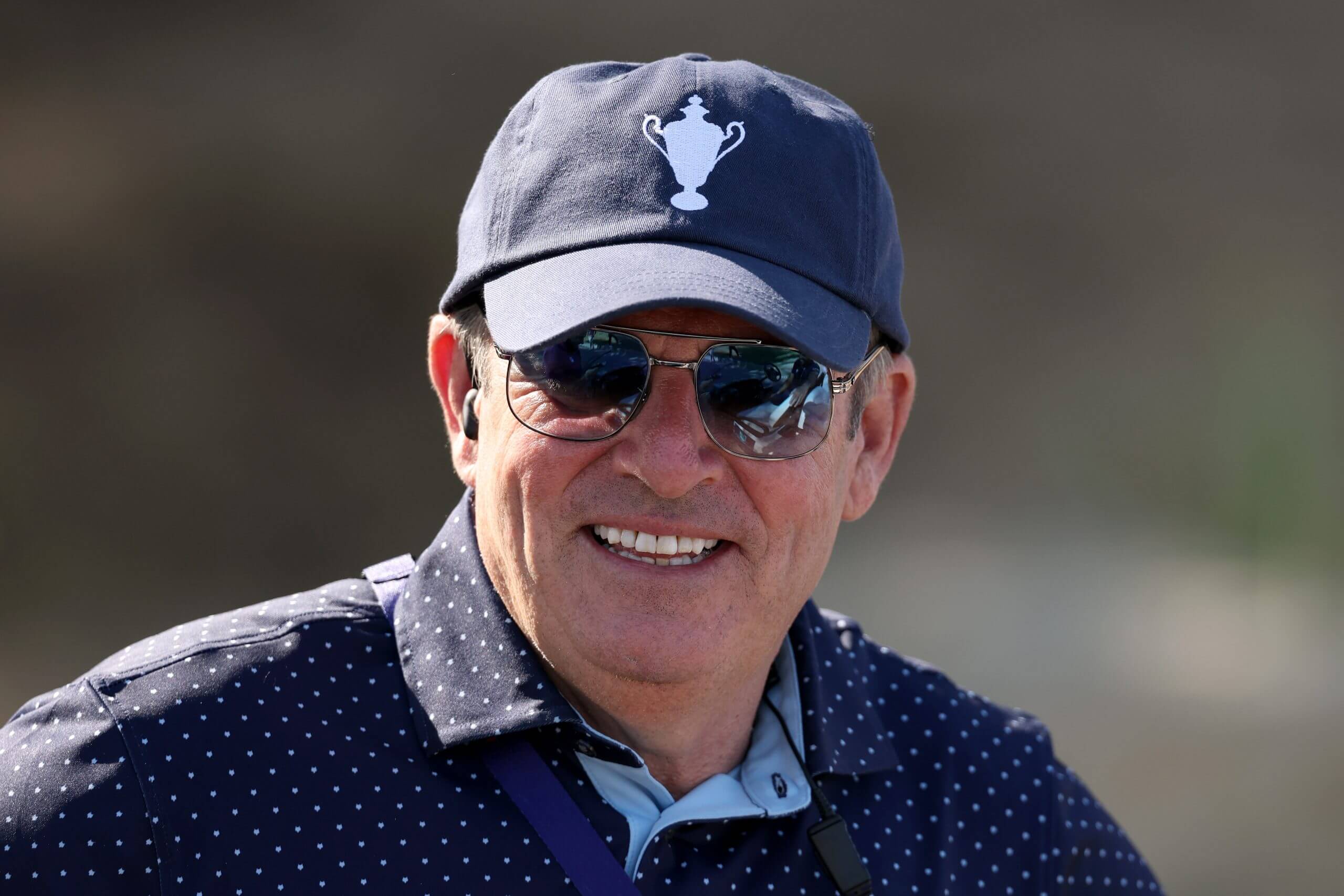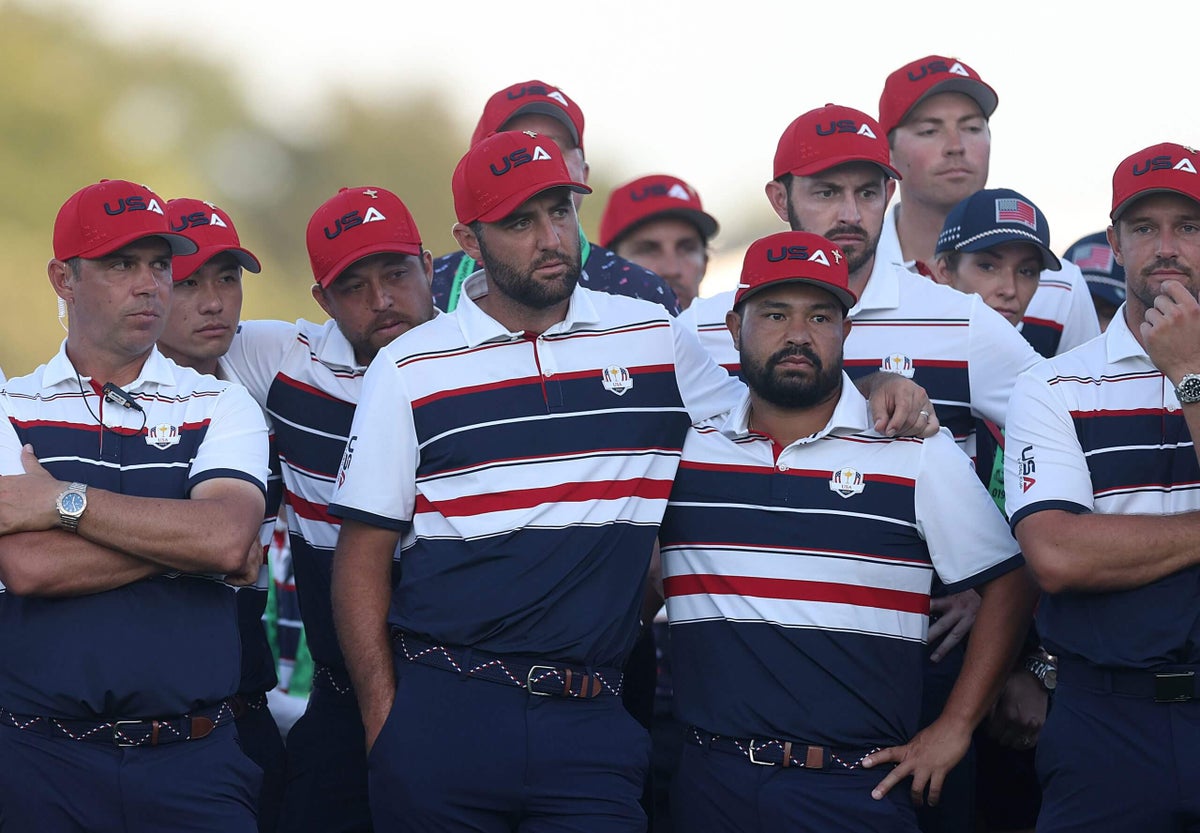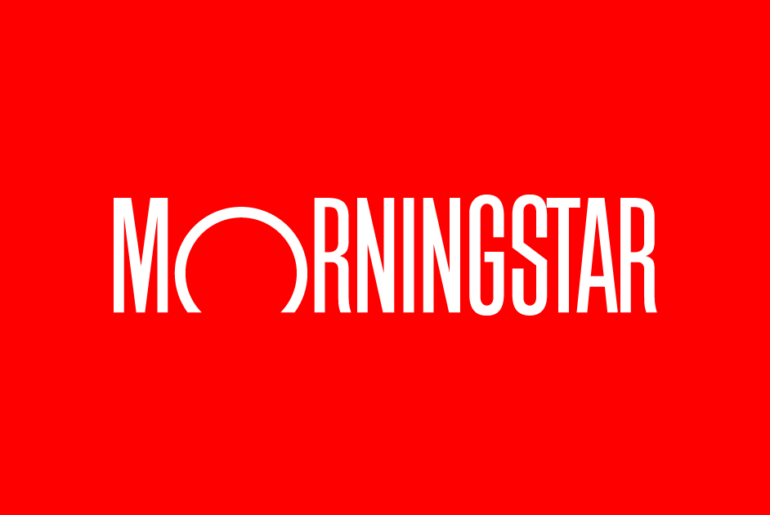The United States is not good at the Ryder Cup. Full stop. End quote. Fade to black.
This is an uncomfortable reality, butting up against every idea of American exceptionalism. To be the best, the only hurdle is our own desire, right? Surely it’s not because we’re just fundamentally worse at something.
But this is where we are.
The Europeans again won the Ryder Cup on Sunday, and if the dominant storyline remains the ugly, boorish, despicable behavior of not all but still too many spectators that clearly never got their ass properly kicked early in life, we are reaching the point where the American golf media is in the middle of launching a thousand thinkpieces and podcasts trying to fix deep-seated problems.
The European Ryder Cup advantage is not coincidental or accidental.
You do not win six of eight and nine of the last 12 without institutional advantages that your opponent simply is either incapable or unwilling to match.
Any fix is temporary because the American mentality will not allow it the time to become rooted in the foundation of the Ryder Cup program, easily discarded at the first moment of failure for something newer and shinier.
The most persistent comparison so far this week has been to USA Basketball, and the desire to replicate it for the Ryder Cup. But USA Basketball also exists in this same universe, its fortunes subject to the collective give a damn of its star personnel. It’s just that when NBA superstars agree to participate, the totality of the assembled talent is enough to make winning a gold medal an eventuality.
It’s not the case for the Ryder Cup, and has not been for some time.
Six of Data Golf’s top 10-ranked golfers are American, but Nos. 2-4 are Euros, and those men — Rory McIlroy, Tommy Fleetwood and Jon Rahm — each played the maximum five times.
Moreover, the bottom half of the European lineup consistently puts on that uniform and plays inspired golf, often better than their PGA Tour results. It’s putting them in a position to be successful via lineups and partnerships, but it’s also culture — some of the best in sport.
THIS IS HOW YOU CELEBRATE! #TeamEurope | #OurTimeOurPlace pic.twitter.com/HGSva7BSlH
— Ryder Cup Europe (@RyderCupEurope) September 30, 2025
So, where is the European advantage? Let’s break it down.
The actual golf
When the opposition expanded to include all of continental Europe in 1979, the clock began to tick on the American talent advantage. There are still moments when the United States is just that much better — it was the case in 2021, when the Europeans brought a handful of its stalwarts just past their expiration date — but it’s not often.
And while Europe encompasses the entire continent, the influence of Great Britain and Ireland remains significant, particularly in the match play element. Par is not the focus on that side of the Atlantic, and most golf is played as a match between one golfer and another, not to the scorecard.
This was a dramatic advantage at Bethpage Black, a beast of a course neutered by the PGA of America. A generation of Americans reared to believe that steady golf is best golf treated it like it was Oakmont when the Europeans understood it to be Valhalla, firing at pins with controlled aggression.
How do you change that?
Legislate that all junior golf events now include match play? Not allow a child to look at a scorecard until they can close out a match on the 15th hole or can drive a car, whichever comes first? That feels as realistic as asking U.S. soccer to unravel the youth travel sports industry.
Leadership gap
The PGA of America, the organizing body that oversees the U.S. Ryder Cup team, cycles through leadership routinely, each new suit seeking to make their own stamp on the organization’s biggest asset. While the Ryder Cup is its biggest asset, it also runs men’s and women’s major championships and oversees nearly 30,000 members, most of whom are teaching pros. A lot is going on here.
Again, there are references to USA Basketball and calls for a Jerry Colangelo-type, someone to establish a clear hierarchy and be singularly focused on the Cup.
And for all the deserved accolades to European captain Luke Donald, such a man exists on that side. His name is Paul McGinley, and his thoughtful leadership behind the scenes has led to an aspirational organizational process.
McGinley is one of one. Through his broadcasting work, he remains attuned to the modern game and its players, and unlike so many former jocks-turned-broadcaster, he has never so much hinted at a “back in my day” mentality. He’s generally thoughtful and deliberate, happy to credit everyone else, and deeply devoted to the cause.

Paul McGinley was the Ryder Cup captain in 2014 and has since developed a permanent role with Europe. (Richard Heathcote / Getty Images)
No American alternative exists.
Paul Azinger’s 2008 approach with four-man “pods” had its roots in military tactics but was revolutionary in golf and led to a big win. It also faded once his captaincy did. His post-2025 Ryder Cup comments to the “SubPar” podcast also spoke volumes — drawing a false equivalency to McIlroy’s thoughtful comments on verbal abuse proved he didn’t get it. And suggesting that Dustin Johnson and Patrick Reed should be on a Ryder Cup team in 2025 is both willfully obtuse and indicative of a person looking back, not forward.
There is such a gap between the sides that Phil Mickelson is out here stumping for Mike Krzyzewski and 88-year-old Lou Holtz.
What’s next
So while the Europeans respectfully wait for Donald to determine if he’s up for a third captaincy, comforted by the notion that if he’s not, the next captain will step into as good a situation as humanly possible, the Americans scramble.
How do we convince Tiger Woods to be the captain?
How do we find a playing partner for Scottie Scheffler?
How do we create a team that looks, feels and acts like the European 12?
All of the questions matter, of course. But the answers will not be found in an opulent boardroom at the PGA of America headquarters in Frisco, Texas. And it’ll take more than one Ryder Cup cycle to undo the systemic rot, if anyone truly has the stomach for it.
And it makes us again confront the reality that we’re just not good at this.
(Top photo: Carl Recine / Getty Images)







